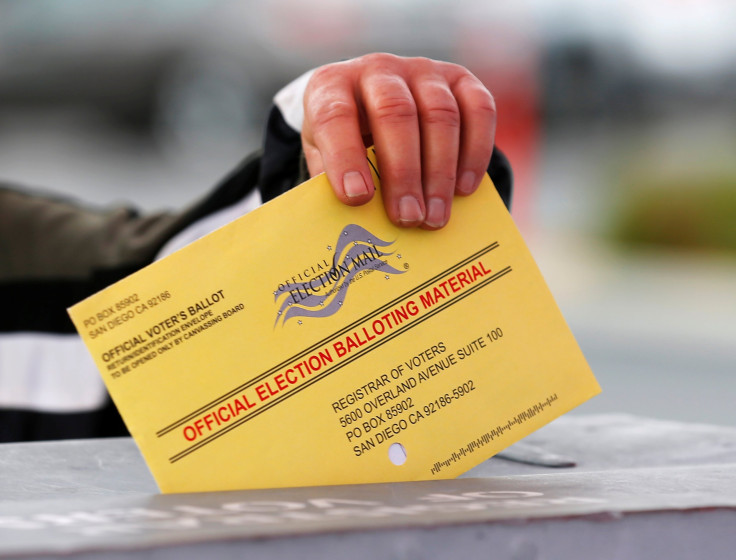What Is Rank Choice Voting? How Maine's Voting System Can Lead The Way To A Stronger US Democracy

It is quite possible that the Civil War was caused because New York didn’t know how to count votes.
In 1844, America was choosing between James Knox Polk, a pro-slavery warmongerer, who insisted that Texas should be taken by force, and that “Manifest Destiny” entitled America to everything else west. Against him ran a soft abolitionist, Henry Clay, who like Lincoln at the time, believed that slavery should be isolated so that a natural death would overwhelm it. But in New York, there was a third candidate — a hard-line abolitionist, James Birney, who insisted that slavery must end immediately. Polk beat Clay in New York by 5,106 votes, yet Birney received 15,812 votes. Between Polk and Clay, there is no doubt who the second choice of the Birney voters would have been. Had they been counted for Clay, Clay would have become President, the Mexican War would have been averted, and maybe slavery could have been ended without the bloodiest war in American history.
That same story could be told about the election of 2000. George Bush beat Al Gore in Florida by 537 votes. Ralph Nader received 97,488 votes. Between Gore and Bush, there is no doubt who the second choice of a clear majority of the Nader voters would have been. Had they been counted for Gore, who knows whether we would have blundered into the worst foreign policy mistake in American history, Iraq, and quite likely, we would today be anticipating a 20 year anniversary of the first major climate change legislation enacted by the United States Congress.
Maine has already shown America how such blunders can be avoided by allowing second choices to count. In 2018, the state used “ranked-choice voting,” (RCV) which gives voters the opportunity to rank their preferences — first, second, third — on their ballot. If their first choice doesn’t win, then their second choice vote gets counted. If their second choice doesn’t win, then their third choice gets counted. And so on. The consequence is that the preferences of every voter can count until a winner is selected, without the first choice effectively choosing the worst choice overall. In the last election, for the first time in American history, Maine chose a member of Congress with “ranked-choice voting.” Just this week, a joint committee of the Maine Senate and House voted out a bill that would extend “ranked-choice voting” to the vote for President.
Maine should make this change, and once again, set the pattern that should lead the nation. There is no reason to embrace a system to aggregate the preferences of voters that does not select the preference of the majority. The technology is simple for assuring that the winner of an election actually be the majority choice. And while voting nerds think there are even better techniques for avoiding such spoilers, none of those alternatives has been tested as broadly as RCV has. Many democracies across the world use RCV to assure the majority’s view prevails. Maine would be the first state to extend its already tested system to the selection of the President as well.
As we enter this election cycle with the threat of a well-funded third party candidate for President, we should not let dumb tradition defeat democracy. New Hampshire has already passed up the chance — stupidly—to make their primary something more than a confused mess. Maine could do better. Americans should be free to express their first choice without that preference electing the worst choice. If Maine leads, other states could follow. And the dumb that may have produced the first civil war could be fixed before it does any more harm.
Lawrence Lessig is a Roy L. Furman professor of law and leadership at Harvard law school and founder of EqualCitizens.US.
© Copyright IBTimes 2024. All rights reserved.





















